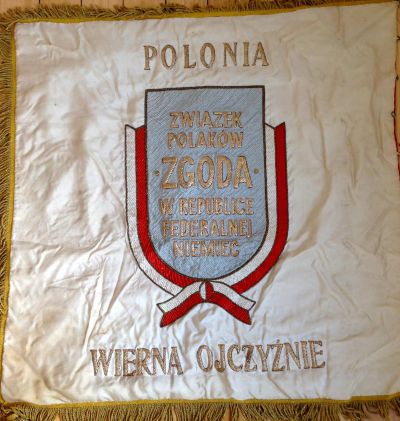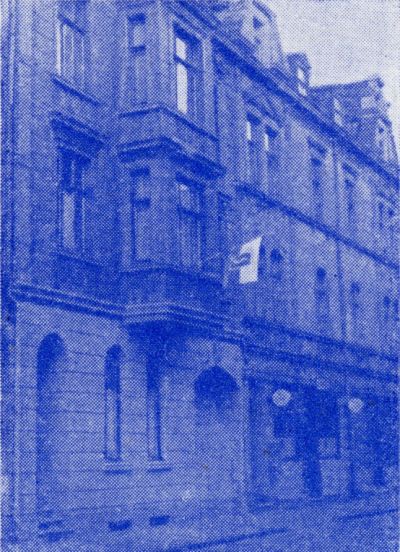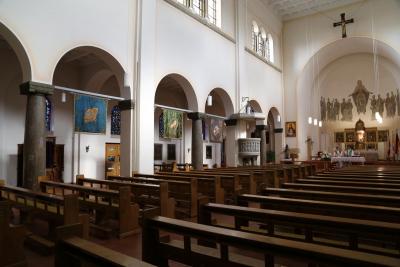The archive of the Union of Poles, Zgoda, in the Federal Republic of Germany

IV. The extent of the archive
The extant documents allow us an overall view of the structure of Zgoda and its activities. They contain the minutes of board meetings, documents from general meetings (minutes, agenda, lists of delegates, the texts of speeches, correspondence between regional groups, lists of expenses incurred in organising the meetings) and papers belonging to the council of the Union (invitations, agenda, minutes, lists of the councillors).
The vast majority of the documents concern the correspondence between members and the board. This has been arranged according to regional groups and different themes. The correspondence was mainly about membership questions and membership fees, applications for exemption or reduction of the mandatory exchange for visitors to Poland, as well as the organisation of recreational visits and stays at Polish health resorts for adults and children. Furthermore the documents of the regional groups contain the correspondence between the people who wrote articles for the Union's press organ, “Głos Polski”, and the people working in the editorial office. The correspondence written in the 1980s and 90s mostly concerns financial help as a result of the political and economic difficulties in Poland during and after the time of martial law, and after 1989 during the years of transformation.
The stocks also contain the complete index of the members of Zgoda, arranged according to regional groups (from 1 to 113). Each index card contains all the personal details of the members (first and family name, date of birth, place of birth, profession), the date of arrival in Germany, and the date when the member joined the Union. Similar information can be found in members' enlistment and resignation declarations. But the information in these documents is only rudimentary. Membership cards make up the majority of the documents, since they had to be handed back when members left the organisation.
Further documents mostly relate to the Union's statutory duties, its contacts with Polish and German authorities, as well as NGOs. During the Peoples Republic most contacts were with the Polish consulate in Cologne, in order to clear up visas and questions to do with mandatory exchange, not forgetting the celebration of different state festivities. Other contacts with Poland and Polish organisations were conducted via “Polonia”, the Society for Links to Foreign Poles, [Towarzystwo Łączności z Polonią Zagraniczną “Polonia”] and the Polonia Centre [Centrum Polonijne] in Lublin. These activities were closely controlled by the Polish authorities. When compulsory visas and mandatory exchange regulations were abolished in 1989 contacts with the Polish consulate continued, but these were restricted to the organisation of state festivities and cultural events, as well as to the Union's efforts to obtain financial support for its statutory activities. Financial questions were also the driving force behind contacts to the Polish community “Wspólnota Polska”, that had taken over the functions of “Polonia” after it ceased its activities. In its active time Zgoda also worked with the following organisations: the Polish Motor Car Union [Polski Związek Motorowy], the Culture and Education Society in Opole [Opolskie Towarzystwo Kulturalno-Oświatowe], the Polish Anglers Union [Polski Związek Wędkarski], Polish Radio [Polskie Radio], the Polish Olympic Committee [Polski Komitet Olimpijski], the Polorbis Travel Agency [Biuro Podróży Polorbis], the Union of Polish Military Invalids [Polski Związek Inwalidów Wojennych], the Union of Polish Choirs and Orchestras [Polski Związek Chórów i Orkiestr] etc. All these links are documented in their own archive units.


